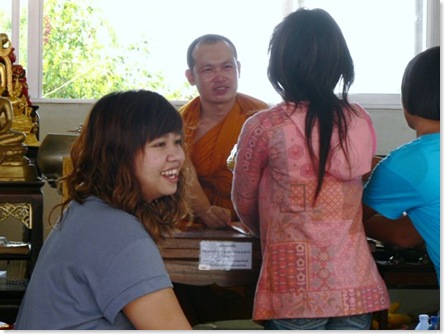John O’Donohue thought about "belonging." It was his preoccupation, particularly before his premature death, where he found I imagine, that ultimate belonging.
I think about O’Donohue when I sense the return of a familiar unease. The unease, or dis-ease, is a kind of slight tremor that begins someplace in my soul’s viscera, signaling the arrival of a je ne sais quoi restlessness.
The tremor is always unexpected. Even though I’ve felt it a thousand times. That’s because its timing is all wrong. I’d expect to feel it when life is in the crapper. But no, it comes when life is in order.
When things, particularly relationships, are all in tune, with nothing major to resolve–there is it, startling me at the contented end of my emotional pool; the ripples, disturbing my tranquility and throwing my sense of place out of kilter.
After a while it goes away, but not without leaving the perennial reminder that ultimately, no matter how settled, how at home I feel, I’m never really at home.
Some part of it is about mortality. Angels wouldn’t have this longing-feeling. Although I wonder if they would like to feel what it feels like. But how could they long for anything if they are somehow completed beings? And anyway, who knows about angels.
All I know is that I’m not a completed being. I long, long and hard for something that I can’t describe, and which, apparently, I can never get this side of where angels tread.
And what is this tremor, this longing? John O’Donohue says its the longing to belong. He says that it’s an eternal longing that lets you know that there is something within you, that no one here, or no thing, will be able to satisfy. That sounds like bad news. My nihilist side could easily pick that up and run with it. Yes, perhaps it’s a trick of evolution meant to keep us perpetuating ourselves–meant to encourage and develop our "will to power."
That would be Nietzsche’s take. To him, the maitre d’ of desire, that restlessness was a call to grab our true humanity by the throat; to dead-eye the abyss without flinching and fearlessly move on into our inheritance–"Übermensch-dom." To we children of Nietzsche–and all of us are in some small way, "children of Nietzsche,"–this eternal longing points away from religion and superstition, to self-mastery. It’s the offer to finally become captains of our fate, environment, and destiny.
Well, that’s one way to handle that dis-ease for which we "can’t get no satisfaction." The other, perhaps more difficult opening, is to find that this longing, when hugged close, turns out to be a beautiful rumour about a crazy promise. …But this is no short cut. You can’t go through life allowing yourself to be fed the answers. (Just wait, I take that back, you can. Nietzche called that joining "the herd.")
Okay, so you can join the flock in order to avoid the knuckle biting ride the longing takes you on. It turns out that "staring into the abyss" and "hugging close" are not two different things. Both are scary and painful. At least this side of where angels stroll.



